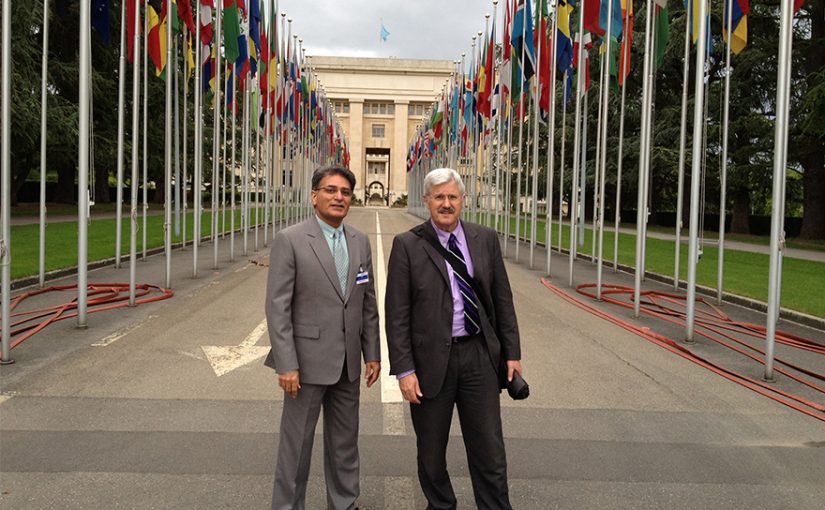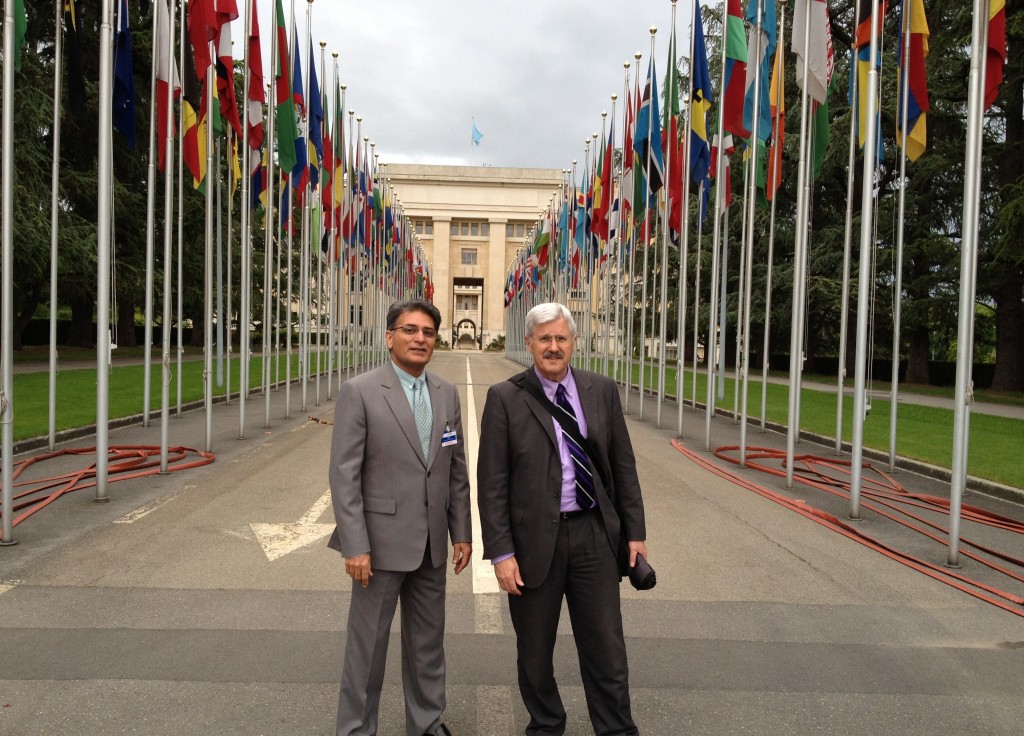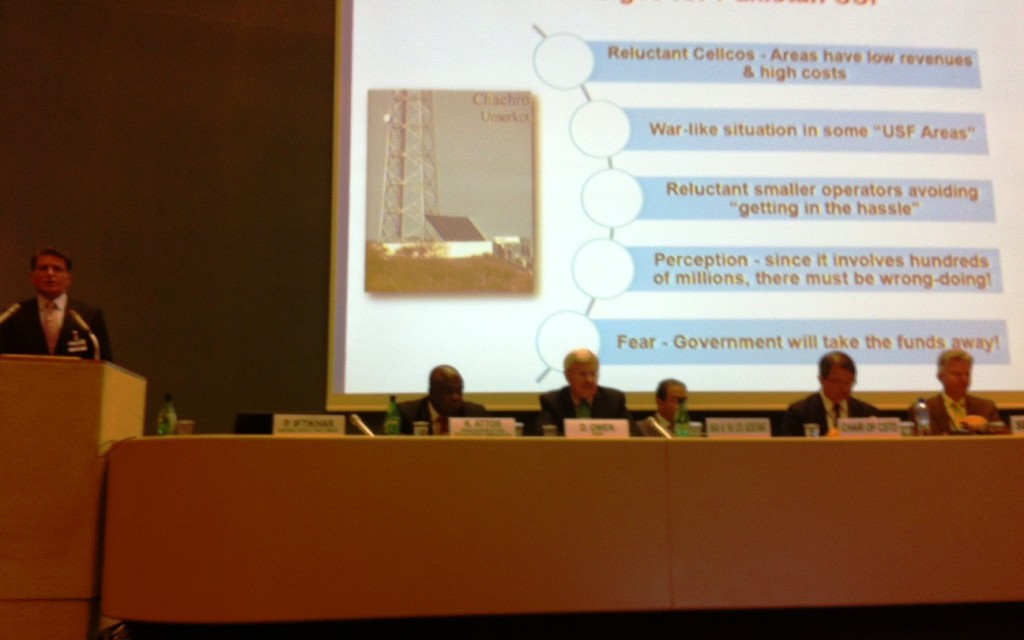This valuable resource should be used for the country. Address by Dr. Abdul Hafeez Sheikh at Siemens gold medal award ceremony.
Author: admin
Daily Jang Karachi – Siemens award ceremony
The chief guest Dr. Abdul Hafeez Sheikh distributed awards in the awards distribution ceremony.
Daily Beopar Karachi – Siemens awards ceremony
The brilliant students of engineering universites were awarded in this ceremony.
Daily Khabrain – Siemens company will continue its operations in Pakistan with the co-ordination
Pakistan can get out of its economic crises by making fast progress in the sciences & technology.
Daily Jang Rawalpindi – Industrialization is needed to bring Pakistan out of the economical crises.
There is a high competition in the international markets, the success is behind the use of low voltage and automation.
Daily Nawa-i-Waqt Karachi – Siemens awards gold medals to engineering students
Siemens Pakistan held an awards ceremony to award gold medals to students obtaining the hightest numbers of marks in the electrical or electronics faculties of engineering universities from across the nation.
Daily Pakistan Islamabad – Siemens Engineers Seminar
Engineer gave briefing to the participants during a seminar arranged by Siemens Engineers.
Daily Aman Karachi – We are lagging behind due to non recognition of merit.
We are lagging behind due to non recognition of merit. Siemens gives gold medals annouces scholarships. Siemens Pakistan held an awards ceremony to award Gold Medals to students obtaining the highest number of marks in the Electrical or Electronics faculties of Engineering Universities from across the nation.
Parvez Iftikhar Newspaper Interview
The Information and communication technology (ICT) infrastructure in the whole world is becoming and increasingly important component of the economy.

Presenting USF at UNCTAD in Geneva
It was a truly remarkable event – no self-praise intended – with three of the
We all flew-in from different parts of the world and converged at Palais de Nations Geneva. And for those who do not know Palais de Nations, it houses UNOG – the 2nd Headquarters of UNO (first one being in New York). Palais des Nations is an outstanding testimony to twentieth century architecture with it’s palatial buildings and vast immaculately maintained royal gardens. Originally it was headquarters of the predecessor of UNO – The League of Nations. In 1946 the League of Nations was dissolved and United Nations took over Palais des Nations. It is the world’s most active international conference center, hosting close to 9,000 meetings a year. It is also the headquarters of UN bodies that work in the field of peace and disarmament, human rights, humanitarian assistance, economic development, and science and technology.
At such a distinctive place, half of the day of 23rd May 2012, was reserved for us! The three-day session of UNCTAD-CSTD was attended by quite a few Ministers of Science and Technology and other high ranking officials from various countries. Pakistan was represented by the Minister of S&T Mr. Changez Khan Jamali. Where a Minister could not come due to other preoccupations, the respective country-staff of UN Missions in Geneva attended (like Pakistan’s permanent representative Mr Zamir Akram attended when the Minister wasn’t available on 23rd May 2012).
Our half-day session was kicked off by ever-charming Andrew Reynolds. Darrell Owen then introduced the team and explained that through adopting best practices of USFs, combined with a newer generation of technologies and innovative business models, we can “bend the curve” – allowing ICT connectivity to the ‘final billion’ effectively and faster. He explained that the following USF presentations provided an opportunity to put forward best practices that have and are bending the curve!
Kofi Attor, the Administrator/CEO of “Ghana Investment Fund for Electronic Communications”, then came on and described in detail what has been achieved in Ghana over the recent years. It was interesting to know that in Ghana, the Fund is also used for ICT training of Security personnel (involved in disaster management) as well as Prisoners! It is also interesting that in Ghana the Board of Directors of the Fund has more Private Sector members than Government.
Guillermo Cruz, the former boss of ‘Compartel’, the Colombian USF, informed that, starting in 1999, Compartel has provided Broadband to 25,000 Schools and 2,700 Telecenters and fiber connectivity to four Islands. Guillermo also talked about some failures (like the failed Satellite Project) and of challenges (like those of sustainability, efficiency and empowering communities).

David Townsend then spoke on “USF Version 2.0″ laying stress on sustainability, on linking schools, e-Government and e-health, on re-thinking the role of telecenters and demand-side stimulation. He also pointed out commonalities of USF programs that are successful. All of them operate with the private sector fully on board! He also presented the innovative idea of using Universal Service Funds as Venture Capital / Investment Funds!
The session was then wrapped up by Darrell Owen, who gave a glimpse into some of the newer technologies with potential – like low-power, on-demand small-cells using off-grid clean energy – and newer Business Models as the way forward. Darrell spoke of utilizing shared Fiber backbones as well as unlicensed wireless terrestrial and/or Satellites for backhaul.
Comments and questions from UNCTAD delegates sitting in the audience followed. One Member after the other spoke in praise of the presentations and the value of these experiences towards accomplishment of the dream of Universal ICT Services in developing countries. This inter-action later continued throughout the lunch-break. In the discussions it came out clearly that the ICT revolution worldwide is being driven by people-centered, peer-to-peer initiatives and applications, not by top-down government strategies. Thus, the new development policies need to reflect this decentralized, bottom-up reality, enabling average citizens to take control of their own destiny via ICTs.

